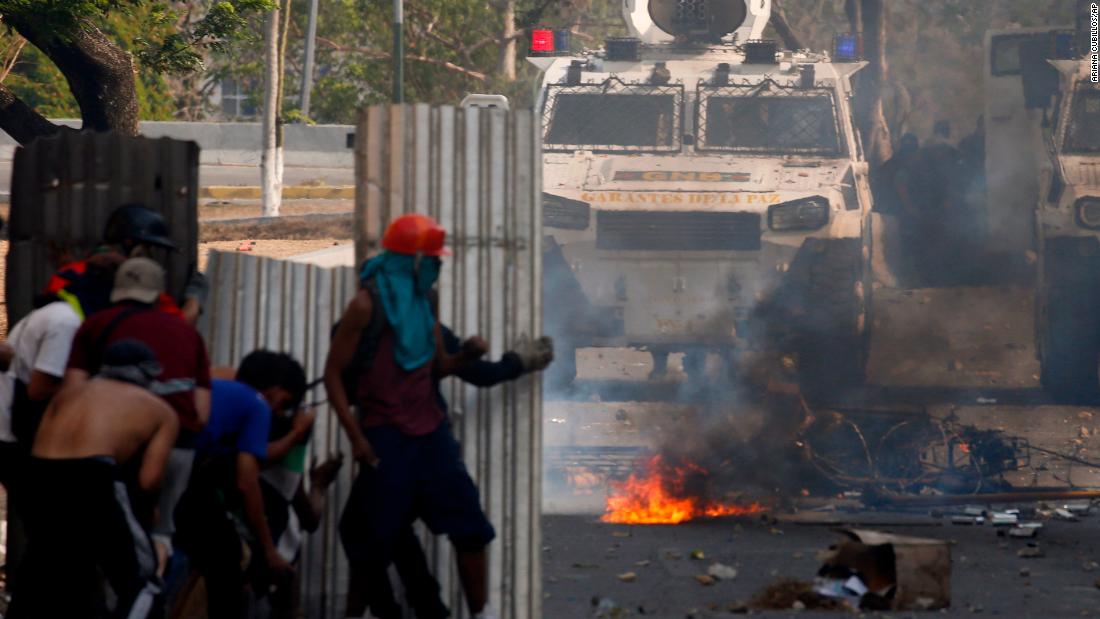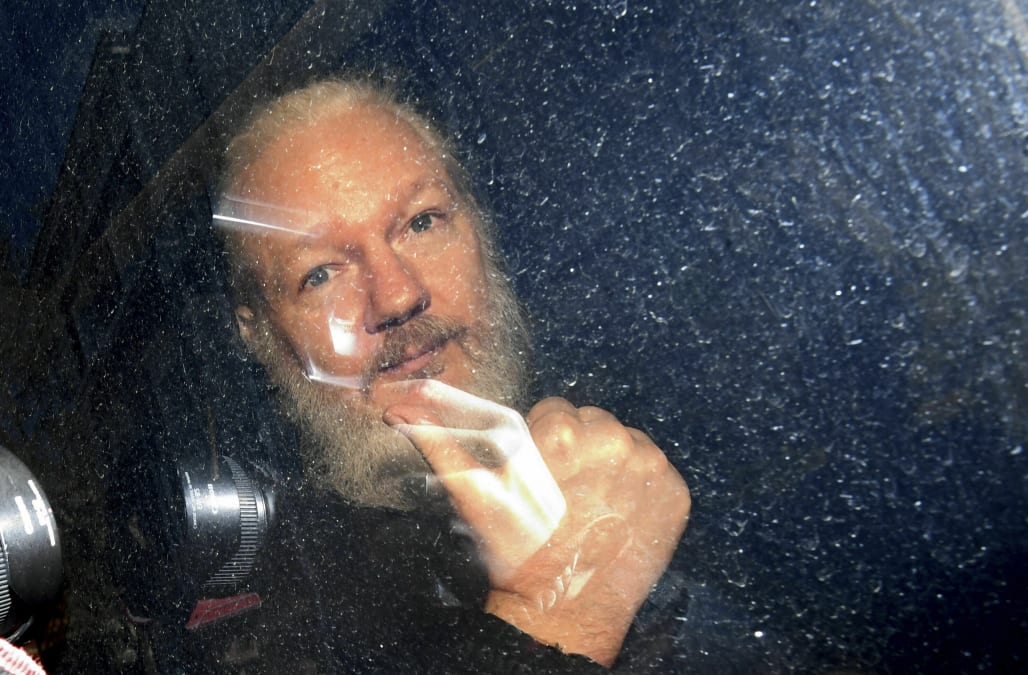Venezuela braced for rival protests called by the government and its opponents on Wednesday, and the Trump administration renewed threats of military action, keeping tensions high a day after the opposition renewed its push to oust President Nicolás Maduro.
“Today we continue,” Juan Guaidó, the opposition leader, said on Twitter Wednesday morning. “We will keep it up with more force than ever.”
¡Buenos días! Hoy continuamos, estos son los puntos de la concentración el día de hoy en Caracas. Seguimos con más fuerza que nunca Venezuela. #VamosConTodo https://t.co/Rcp5jAo3U5
— Juan Guaidó (@jguaido) May 1, 2019
The protest against Mr. Maduro, scheduled for May 1, a national holiday for workers in Venezuela, is the latest attempt by the opposition to claim the leadership of a country suffering from a crumbling economy that has left the population lacking food and medical care.
While the opposition has received the backing of more than 50 countries, its momentum on the street has flagged in recent weeks.
The United States backed Mr. Guaidó from the start and has remained a stalwart supporter. The Trump administration would prefer a peaceful transition, said Mike Pompeo, the secretary of state, but restated in an interview with the Fox Business Network Wednesday morning that “military action is possible.”

“If that’s what’s required, that’s what the United States will do,” Mr. Pompeo said.
On Tuesday, Mr. Guaidó tried to jump-start the drive to remove Mr. Maduro from office, appearing at a military base alongside Leopoldo López, the country’s best-known political prisoner. Mr. López had apparently been freed by security forces, leading many to speculate that a rebellion against Mr. Maduro might be afoot.
But no major military defections occurred, and in the streets, forces loyal to Mr. Maduro clashed with protesters. At least 69 people were wounded on Tuesday, according to a hospital that treated them; Mr. López eventually fled to Spain’s embassy in Caracas.
On Wednesday, pro-government protesters were expected in the streets as well, raising the prospect of further violence.
Mr. Maduro has said he will not back down.
“We are over the shock and surprise, and now we will take this all on with nerves of steel,” he said in a televised address on Tuesday night.
The clashes Tuesday reverberated in Washington, where American officials said they believed top government officials had been preparing to turn on Mr. Maduro. Mr. Pompeo said that Mr. Maduro was prepared to leave the country, but that he had decided not to at the behest of Russia.
A Russian foreign ministry spokeswoman, Maria Zakharova, told CNN that was not true. “Washington tried its best to demoralize the Venezuelan army, and now used fakes as a part of information war,” she said.
https://www.nytimes.com/2019/05/01/world/americas/venezuela-protests-guaido-maduro.html
2019-05-01 14:47:29Z
52780280474276





